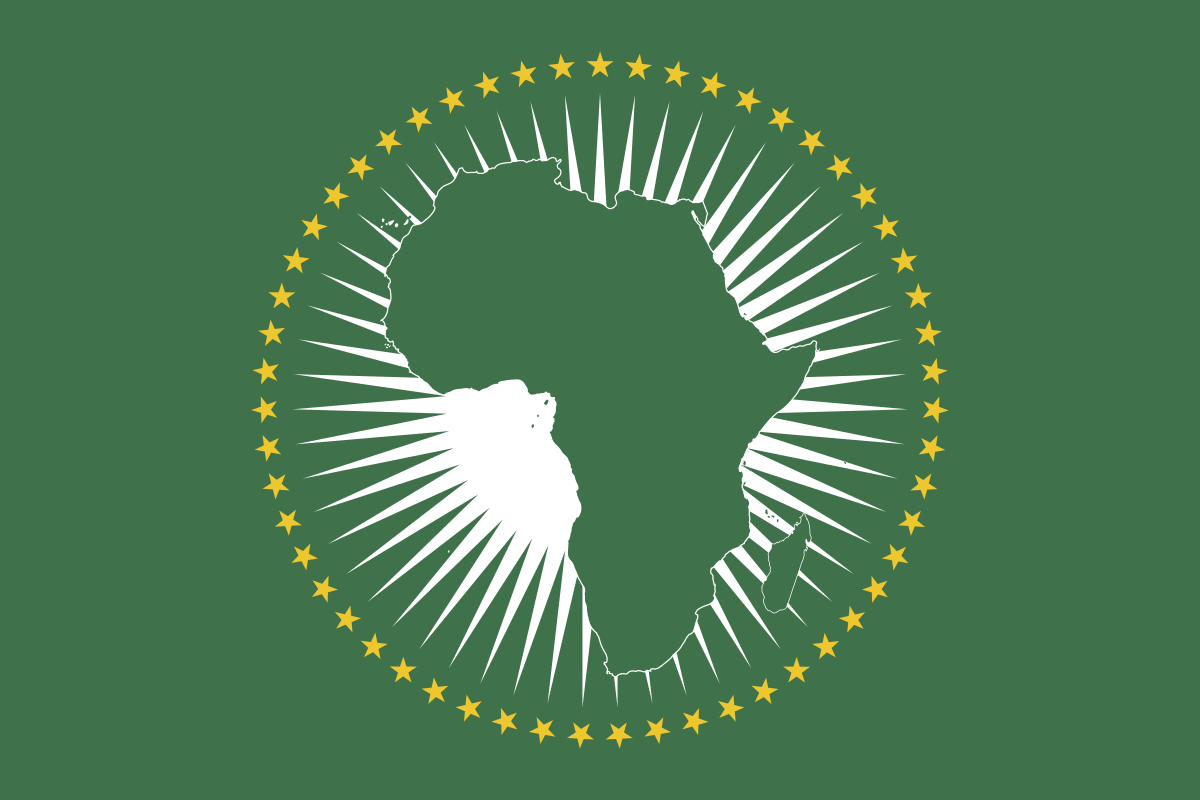The African Union (AU) claims that through SME ventures and other businesses, it will supply fertilizers to smallholder farmers.
Although the AU acknowledged that the continent generates over 30 million metric tons of mineral fertilizer annually, it regretted that most of it is unavailable to local farmers, necessitating the development of strategies to increase fertilizer accessibility.
This was revealed in the Nairobi Declaration on the 9th of May, 2024, Africa Fertilizer and Soil Health Summit, in Kenya.
Following a three-day conference with pertinent agricultural sector players, the declaration was made.
Heads of state from throughout Africa attended the event as well to exchange ideas on how to guarantee an agricultural revolution for the continent’s economic development.
In addition to other action plans, AU stated that it will depend on multi-stakeholder partnerships to create SME enterprises to strengthen the agriculture sector and make fertilizers available to farmers.
The statement said, in part,
“We hereby support the Soil Initiative for Africa Framework and the Fertilizer and Soil Health Action Plan as essential guiding documents to leverage multi-stakeholder partnerships and investment to drive policies, finance, R&D, markets, and capacity building for fertilizer and sustainable soil health management in Africa.”
“On fertilizers, we pledge to increase by three times the amount produced and distributed domestically by 2034 of certified quality organic and inorganic fertilizers, through the following measures, to enhance accessibility and affordability for small holder farmers.”
“Prioritize the manufacturing and blending of mental fertilizers utilizing locally available basic ingredients.”
“Revitalize the Atrian Centre for Fertilizer Development in Harare to strengthen research and development on the use of inorganic and organic fertilizers.”
“Offer incentives to promote the production, use, and recycling of organic resources locally.”
“Take advantage of the opportunities provided by circular, low-carbon, decentralized fertilizer production.”
“Create small and medium-sized (E) businesses focused on the production and distribution of both organic and inorganic fertilizers, particularly by women and young people.”
“By 2034, double the intra-African fertilizer trade by utilizing the African Continental Free Trade Area (ACFTA).”
“We pledge to make targeted agronomic recommendations for particular crops, soils, and climatic conditions available to 70% of smallholder semens on the continent by 2034 in order to ensure greater efficiency and sustainable use of fertilizers through the following actions.”
The AU criticized Africa’s exceptional reliance on the world market, as previously reported by The News Chronicles, but noted that the continent may become self-sufficient if the necessary collaboration materializes.
It argued that to reduce the distances that African farmers must travel in order to obtain fertilizer and other essential agricultural inputs, the continent’s last-mile delivery system has to be expanded.
In its declaration, it urged the member states that produce rural gas to step up their production and guarantee supply at stable rates, supporting their efforts in this regard.
Further understanding
- The World Bank report from 2022 that revealed the irregularities connected to African agricultural products is in line with the AU’s request.
- Although the continent of Africa produces twice as much fertilizer as it uses, about 30 million metric tons are produced annually, 90% of the fertilizer used, particularly in Sub-Saharan Africa, is imported from outside the continent, according to the research.
- Nonetheless, the African Union has decided on action plans for the intended agricultural revolution through its Africa Fertilizer and Soil Health Summit.



